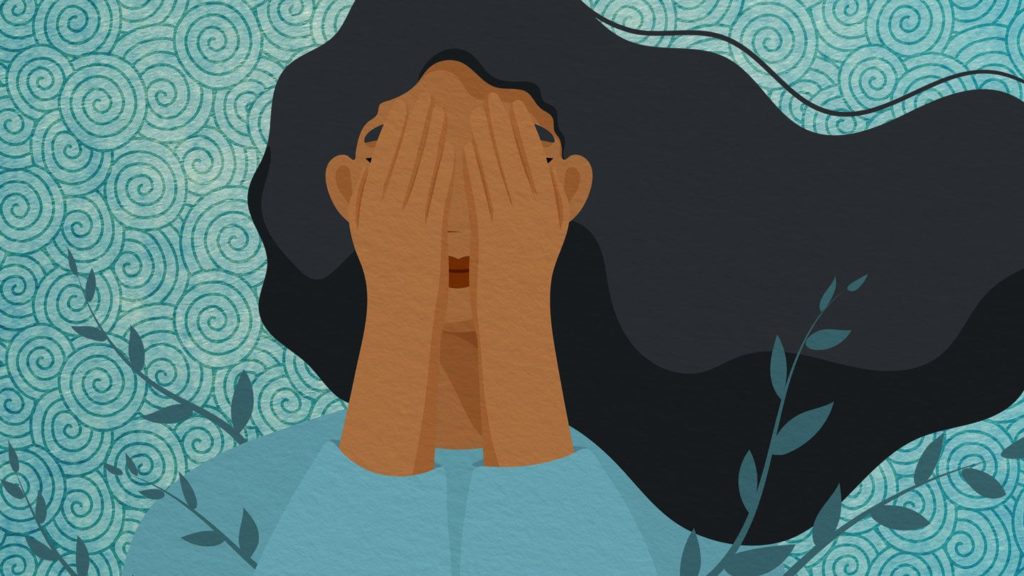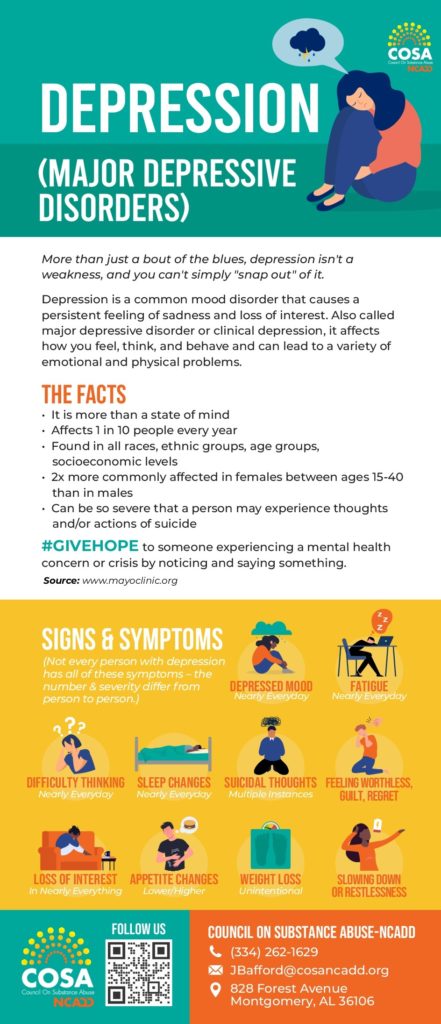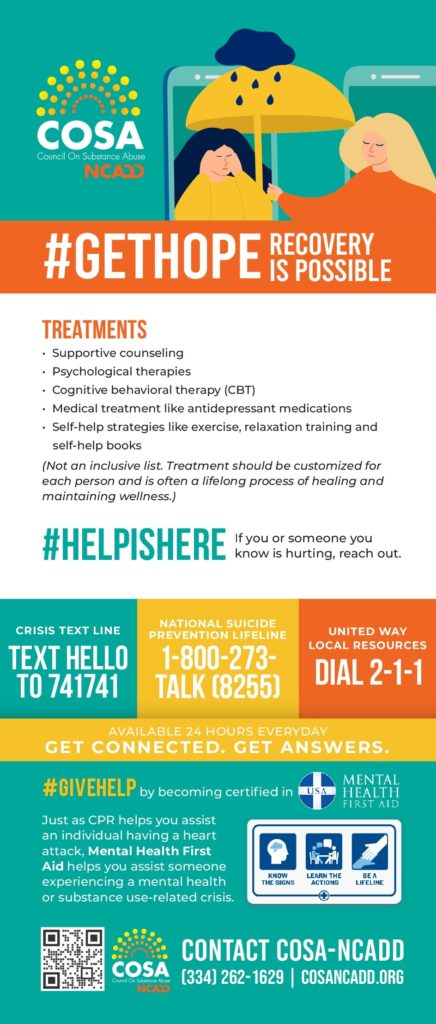Depression
Depression can present different symptoms, depending on the person. But for most people, depressive disorder changes how they function day-to-day, and typically for more than two weeks. Common symptoms include:
- Changes in sleep
- Changes in appetite
- Lack of concentration
- Loss of energy
- Lack of interest in activities
- Hopelessness or guilty thoughts
- Changes in movement (less activity or agitation)
- Physical aches and pains
- Suicidal thoughts
Causes
Depression does not have a single cause. It can be triggered by a life crisis, physical illness or something else—but it can also occur spontaneously. Scientists believe several factors can contribute to depression:
- When people experience trauma at an early age, it can cause long-term changes in how their brains respond to fear and stress. These changes may lead to depression.
- Mood disorders, such as depression, tend to run in families.
- Life circumstances. Marital status, relationship changes, financial standing and where a person lives influence whether a person develops depression.
- Brain changes. Imaging studies have shown that the frontal lobe of the brain becomes less active when a person is depressed. Depression is also associated with changes in how the pituitary gland and hypothalamus respond to hormone stimulation.
- Other medical conditions. People who have a history of sleep disturbances, medical illness, chronic pain, anxiety and attention-deficit hyperactivity disorder (ADHD) are more likely to develop depression. Some medical syndromes (like hypothyroidism) can mimic depressive disorder. Some medications can also cause symptoms of depression.
- Drug and alcohol misuse. 21% of adults with a substance use disorder also experienced a major depressive episode in 2018. Co-occurring disorders require coordinated treatment for both conditions, as alcohol can worsen depressive symptoms.



